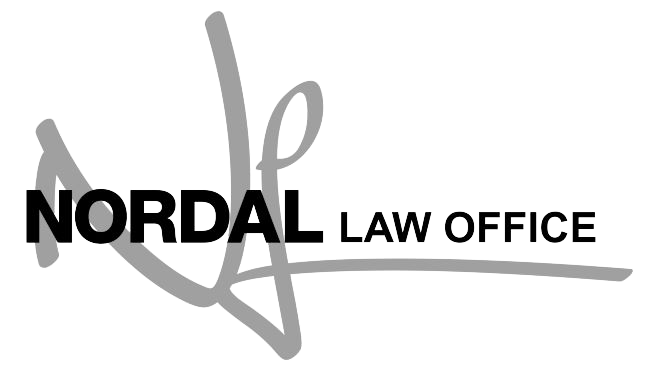By Daniel LeBlanc
Saskatchewan’s Legal Aid system provides service in only two areas of law: criminal and family.
It provides no assistance in people’s refugee or immigration claims. In February, Manitoba lawyer Bashir Khan called this lack of service unconstitutional, saying it upset people’s rights under section 7 of the Charter- the right to life, liberty, and security of the person.
Khan’s critique highlights the “access to justice” problem in Saskatchewan. The problem extends well beyond immigration and refugee law.
There are many ways to think about “access to justice”. Three common ones are:
- Someone has access to justice if they have access to lawyer: more lawyers means more justice. It is the process, rather than the outcome, that counts.
- The second common conception is that someone has access to justice if their rights under current law are respected and upheld. A person is entitled to the outcome the government says they’re entitled to.
- The third is the most robust: someone has access to justice if they get what they deserve. In the most basic progressive position, this must include: a livable income, a healthy environment, and safe housing. A person is entitled to these things regardless of what any government says.
Low-income and racialized residents of Saskatchewan lack access to justice under each of these three conceptions. This problem is part of their daily lives, and not merely an unusual occurrence when criminal or family law matters arise.
For example, under Saskatchewan law, tenants are entitled to a home that is “fit for habitation”. The Office of Residential Tenancies has interpreted this to mean that tenants are entitled to a home free from mold. Low-income tenants often have difficulty enforcing this right.
There are a variety of reasons for this: first, many do not know they have this right; second, many do not have a lawyer, or an advocate to help them bring a claim to enforce the right; and third, if tenants do enforce the right, they fear retribution and backlash from the landlord- leading to eviction.
Low-income residents are deterred from enforcing the rights they currently have. A right not enforced is no right at all. Even if they did stand upon the right to a mold-free home, they’ve not yet attained “justice” in the housing sphere.
Housing justice means access to housing that is not precarious- housing you are not at risk of being arbitrarily evicted from. Housing justice means moving beyond enforcement of the legislation’s rather modest protections; it means moving into organizing for safe housing.
People around Saskatchewan are already doing this organizing work. They are working towards justice:
In Regina, the Anti-Poverty Ministry does courageous work alongside those with precarious housing and precarious incomes.
In Saskatoon, CLASSIC Legal Services provides public education to low-income tenants- empowering them to stand on their rights, and Renters of Saskatoon and Area brings tenants together to share knowledge, and move forward together.
The access to justice crises won’t be solved by a government report or more lawyers alone.
The solution lies in building community, and communities building strength. It relies on marginalized people, and their allies, working together to attain a livable income, a healthy environment, and safe housing for everyone.
Luckily, that work is well underway.
